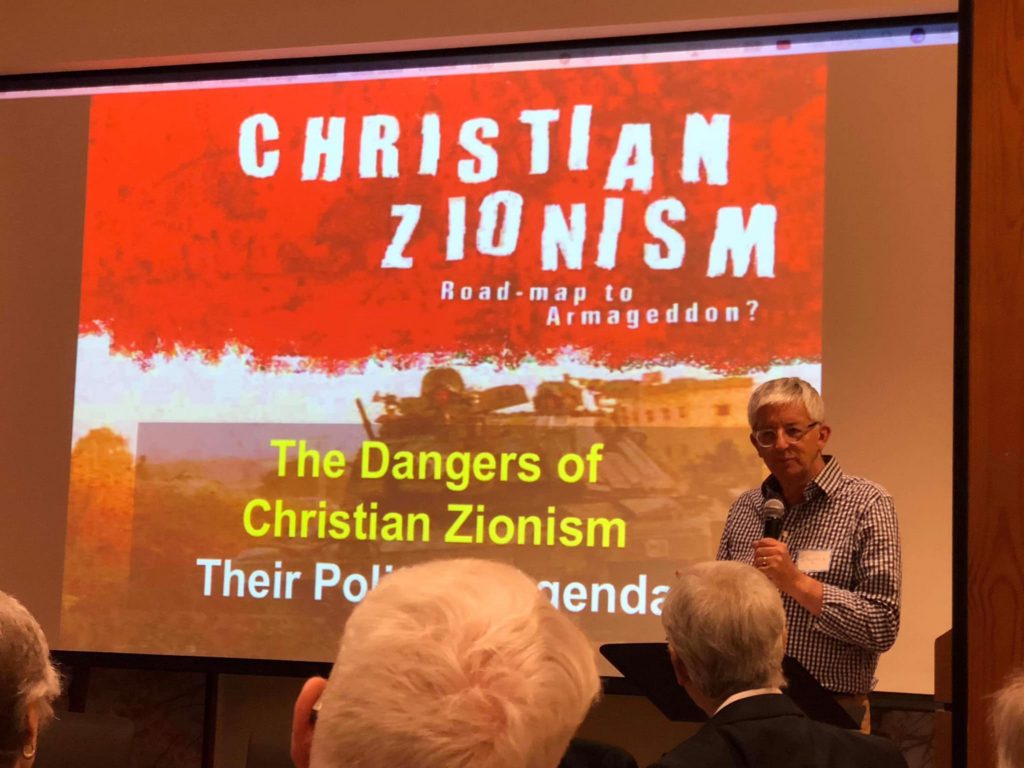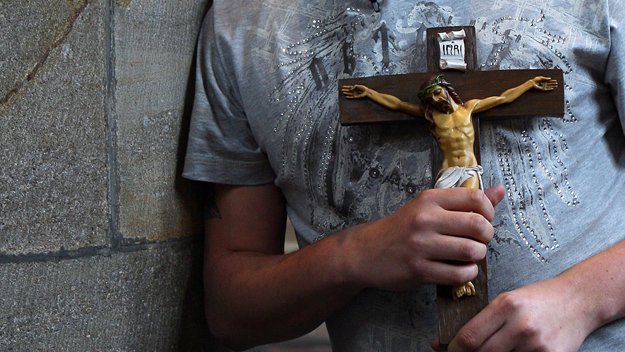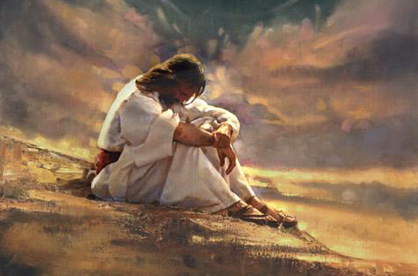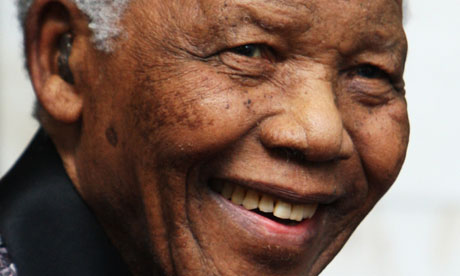
“Will World War 3, End of Days Begin in Syria?” asks the International Business Times. “Syrians face ‘Armageddon’ without military action, says David Cameron” in the House of Commons Wednesday. “Syria: Armageddon is on the agenda – again” was the headline in the Guardian.
In the House of Commons, Sir Peter Tapsell apparently asked the Prime Minister, “”If the Americans illegally bombard the Assad forces, and Assad legally invites the Russians in to degrade the rebels, what will NATO do?” If that was understated, I’d hate to hear the full-blown version. It was frightening” writes Simon Hoggart in the Guardian, “…when Sir Peter tells you Armageddon is nigh, it makes the Book of Revelation look like Your Stars with Russell Grant.” “Ready for war? Barack Obama and Vladimir Putin set to lock horns over Syria at G20 summit” was the headline in the Independent on Thursday. “World’s two most powerful men set to face-off over military action in Syria” “Mr Putin warned that Russia would consider any strikes ordered without United Nations backing as an act of “aggression””. And not be outdone Press TV’s headline was , “Iran will support Syria “until the end”
“Any US attack on Syria to engulf the entire Middle East” warns Ayatollah Rafsanjani. Providentially today we have come to the Prophecy of Daniel in our series Christ in all the Scriptures. Embedded in this ancient text is a message of hope about the future. Daniel insists, nothing happens by accident. The world is not out of control. God is in charge and to encourage us to trust him, in Daniel, God has forewarned us of what would happen in history. All we have to do is unlock the apocalypse code hidden in the symbolism of the text to discern the signs of the times.
We are indeed living in the Last Days. Please turn with me to Daniel 7 and let’s note three clues that will help us identify whether this passage is talking about the present day.
- “As I watched, this horn was waging war against the saints and defeating them.” (Daniel 7:21). We are dealing with a time of great persecution of Christians.
- “The ten horns are ten kings who will come from this kingdom” (Daniel 7:24).
- “understand that the vision concerns the time of the end.” … “but seal up the vision, for it concerns the distant future.” (Daniel 8:17, 26). So these visions in Daniel are referring to events close to the end of time.

 At least one in four American Christians surveyed recently by Christianity Today magazine said that they believe it is their biblical responsibility to support the nation of Israel. This view is known as Christian Zionism. The Pew Research Center put the figure at 63 per cent among white evangelicals. Christian Zionism is pervasive within mainline American evangelical, charismatic and independent denominations including the Assemblies of God, Pentecostals and Southern Baptists, as well as many of the independent mega-churches. It is less prevalent within the historic denominations, which show a greater respect for the work of the United Nations, support for human rights, the rule of international law and empathy with the Palestinians.
At least one in four American Christians surveyed recently by Christianity Today magazine said that they believe it is their biblical responsibility to support the nation of Israel. This view is known as Christian Zionism. The Pew Research Center put the figure at 63 per cent among white evangelicals. Christian Zionism is pervasive within mainline American evangelical, charismatic and independent denominations including the Assemblies of God, Pentecostals and Southern Baptists, as well as many of the independent mega-churches. It is less prevalent within the historic denominations, which show a greater respect for the work of the United Nations, support for human rights, the rule of international law and empathy with the Palestinians. Sometimes patience is a virtue absent in the holiest of saints. On the last day of the Papal visit to the UK in 2010, there was a little known incident on his way back to Heathrow. The Pope was delayed due to meetings and was going to miss his flight. When the limousine arrived, the driver was overjoyed to be carrying the Pope. But he was nervous and drove very slowly. The Pope asked him to speed up. But the driver went slower; he wanted to keep the Pope in his limousine as long as he could. The Pope insisted on driving the limo himself. The Pope sped off and was clocked by a speed camera doing 85 mph.
Sometimes patience is a virtue absent in the holiest of saints. On the last day of the Papal visit to the UK in 2010, there was a little known incident on his way back to Heathrow. The Pope was delayed due to meetings and was going to miss his flight. When the limousine arrived, the driver was overjoyed to be carrying the Pope. But he was nervous and drove very slowly. The Pope asked him to speed up. But the driver went slower; he wanted to keep the Pope in his limousine as long as he could. The Pope insisted on driving the limo himself. The Pope sped off and was clocked by a speed camera doing 85 mph. How can you be sure that you are a Christian? How can you know that you know? This is one of the most important questions you can ever answer in life. It is foundational to your life and growth as a Christ follower. Without the peace of mind that God loves you and that you are a child of God, you will never feel secure. You will always be tempted to doubt your faith. You will fear that you are not good enough. You will worry that you might lose your faith. Tonight I want us to answer the question once and for all. Please turn with me to 1 John 5. In verse 13 John writes,
How can you be sure that you are a Christian? How can you know that you know? This is one of the most important questions you can ever answer in life. It is foundational to your life and growth as a Christ follower. Without the peace of mind that God loves you and that you are a child of God, you will never feel secure. You will always be tempted to doubt your faith. You will fear that you are not good enough. You will worry that you might lose your faith. Tonight I want us to answer the question once and for all. Please turn with me to 1 John 5. In verse 13 John writes, This year we are celebrating the 175th Anniversary of Christ Church. Virginia Water has changed a great deal since the early 19th Century. The 1830’s were troubled years in Britain. Agricultural depression, large scale unemployment, poverty and rioting in rural areas. In 1846, the Cambridge Chronicle described Virginia Water as inhabited chiefly by “agricultural labourers, and not a few idle poachers,… in a state of ignorance, ungodliness and spiritual destitution rarely equalled.” The nearest church was St John’s in Egham and there were few free places allocated to the poor.
This year we are celebrating the 175th Anniversary of Christ Church. Virginia Water has changed a great deal since the early 19th Century. The 1830’s were troubled years in Britain. Agricultural depression, large scale unemployment, poverty and rioting in rural areas. In 1846, the Cambridge Chronicle described Virginia Water as inhabited chiefly by “agricultural labourers, and not a few idle poachers,… in a state of ignorance, ungodliness and spiritual destitution rarely equalled.” The nearest church was St John’s in Egham and there were few free places allocated to the poor.
 “A little boy is on the beach. On his knees he scoops the sand with his plastic shovel into a bright red bucket. Then he upends the bucket on the surface and lifts it. And, to the delight of the little architect, a castle tower is created.
“A little boy is on the beach. On his knees he scoops the sand with his plastic shovel into a bright red bucket. Then he upends the bucket on the surface and lifts it. And, to the delight of the little architect, a castle tower is created.
 “During my lifetime I have dedicated myself to this struggle of the African people. I have fought against white domination, and I have fought against black domination. I have cherished the ideal of a democratic and free society in which all persons live together in harmony and with equal opportunities. It is an ideal which I hope to live for and to achieve. But if needs be, it is an ideal for which I am prepared to die.”
“During my lifetime I have dedicated myself to this struggle of the African people. I have fought against white domination, and I have fought against black domination. I have cherished the ideal of a democratic and free society in which all persons live together in harmony and with equal opportunities. It is an ideal which I hope to live for and to achieve. But if needs be, it is an ideal for which I am prepared to die.”